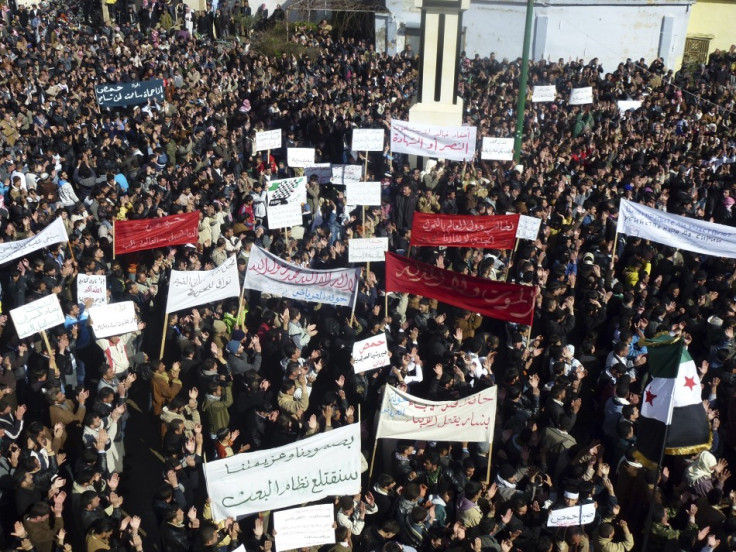Syria: Assad Sets Date for Constitution Referendum

President Bashar al-Assad has announced a referendum on a new constitution, but the opposition has rejected the move.
Assad announced a referendum for the new constitution for 26 February as part of promised political reforms.
Under the reforms, the constitution would allow political parties other than the ruling Baath party to be officially recognised.
"The state's political system is based on political pluralism and power is practiced democratically through voting," said a draft seen by AP. The constitution would also limit the president to two seven-year terms of office.
Amendments to the current constitution were one of the key demands of the pro-reform protesters at the beginning of the uprising but after 11 months of violence the opposition has warned it is too little too late.
Anti-regime activists have warned they will continue the uprising until Assad steps down or is brought down.
News of the referendum came as the government's assault on Homs showed no sign of slowing down as shelling on various districts, including residential areas, continued.
Activists say residents were trapped in the city and warned that power cuts and food and medicine shortages were causing the humanitarian situation to deteriorate rapidly.
Videos posted online showed an attack on an oil pipeline, in what appeared to be a residential area in Homs, which the opposition has blamed on the regime.
Medecins Sans Frontieres has also warned of the regime's use of medical services as a tool of repression.
"Thousands have fled Syria. We have treated a few hundred regionally, but our interactions with these patients reveal consistent and disturbing patterns about how medical services are being used by the security apparatus as a tool of repression" Greg Elder, the deputy director of operations, MSF Paris wrote in an open letter.
"Hospitals are militarised, patients arrested and tortured, medical staff followed and arrested for carrying medical supplies in their cars. The wounded prefer to take their chances in the basic field clinics rather than going to a public hospital. Doctors face dreadful triage dilemmas trying to go beyond their means to stabilise patients to avoid having to refer them to hospitals", the letter reads.
Recognising the complexity of the situation in Syria, the organisation however warned: "MSF is just a medical relief group with little to say on such matters, but we do remain sceptical of any attempts to facilitate humanitarian access through military means as some have suggested is necessary. Such interventions create a complex and confused operating environment for us and past experiences do not inspire confidence."
© Copyright IBTimes 2025. All rights reserved.





















